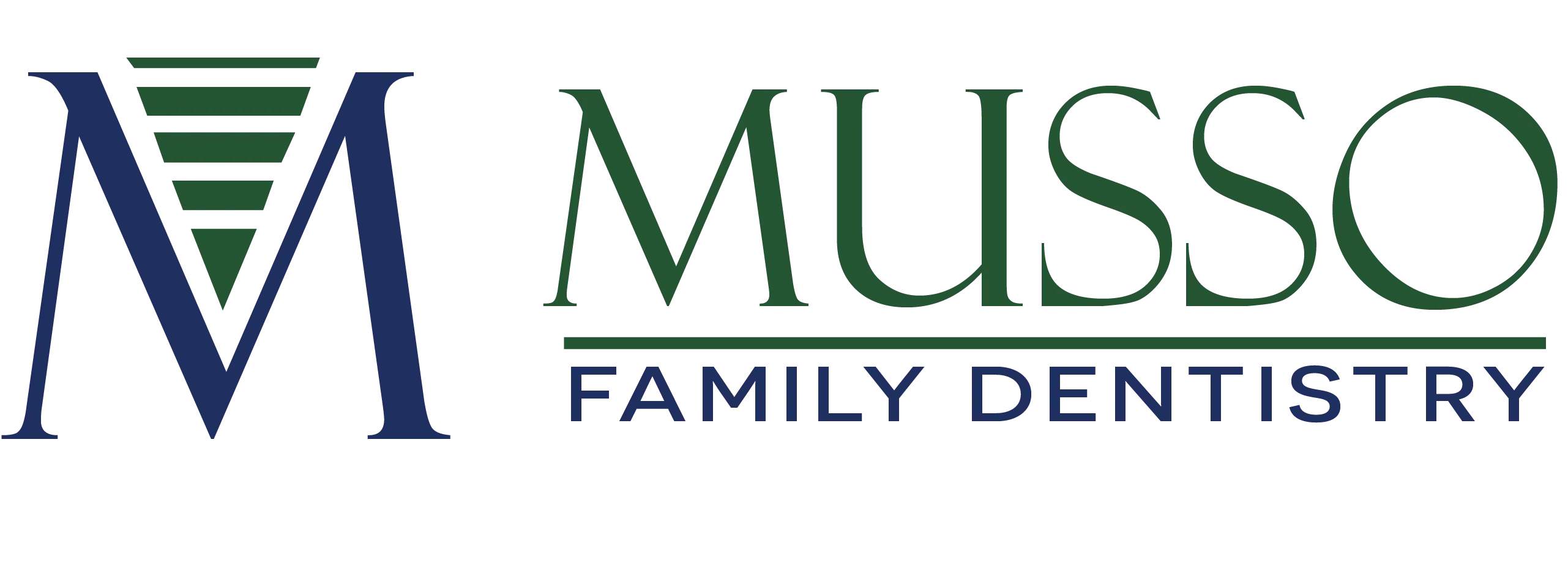Dental Cleanings and Exams
Dental cleanings and exams are essential components of preventive dental care that involve regular visits to the dentist to maintain oral health and prevent issues from developing. During a dental cleaning, the dental hygienist removes plaque and tartar buildup from the teeth and gums using specialized tools, followed by polishing to remove surface stains and ensure a smooth finish. During a dental exam, our dentist in Garland, TX, performs a thorough examination of the teeth, gums, and overall oral cavity, often using X-rays to detect underlying issues such as cavities, gum disease, or other abnormalities.
These appointments allow for the early detection and treatment of potential dental problems, helping to prevent more severe conditions and maintain oral health. Regular dental cleanings and exams help prevent tooth decay, gum disease, and other dental issues, ultimately contributing to better overall health and well-being.
The Dental Cleaning Process
- Before the cleaning begins, the hygienist will thoroughly examine your teeth and gums. This assessment involves checking for signs of gum disease, cavities, and other oral health issues. They may use a small mirror and a dental probe to examine the surfaces of your teeth and the spaces between them.
- The primary goal of a dental cleaning is to remove plaque and tartar buildup. Plaque is a soft, sticky film of bacteria that forms on your teeth and can lead to tooth decay and gum disease if not removed. Tartar, or calculus, is a hardened form of plaque that can only be removed with specialized dental instruments. The hygienist will use a scaler or ultrasonic device to carefully scrape away plaque and tartar from the teeth, especially around the gum line.
- After removing plaque and tartar, the hygienist will polish your teeth using a high-powered toothbrush and gritty toothpaste. This polishing process helps remove any remaining stains and smooths out the tooth surfaces, making it more difficult for plaque to adhere in the future.
- The hygienist will floss between your teeth to remove any remaining debris and ensure the spaces between your teeth are clean. You will then rinse your mouth with a fluoride solution to help strengthen your tooth enamel and provide additional protection against cavities.
- Sometimes, a fluoride treatment may be applied at the end of your cleaning. Fluoride helps to strengthen tooth enamel and can provide additional protection against tooth decay. This treatment typically involves applying a fluoride gel or varnish to the surfaces of your teeth.
The Dental Exam Process
- During a dental exam, the dentist thoroughly evaluates your oral health. This includes checking your teeth, gums, and mouth for any signs of disease or abnormalities. The dentist will use various tools, including a mirror and probe, to closely examine your teeth and gums.
- The dentist may take X-rays or other diagnostic images to get a complete picture of your oral health. These images help identify issues not visible to the naked eye, such as cavities between teeth, bone loss, and tooth root condition. X-rays are crucial for diagnosing underlying problems and planning appropriate treatments.
- The dentist will assess the condition of your teeth and gums, looking for signs of decay, gum disease, and other issues. They will check for any changes in your oral health since your last visit and discuss any concerns or symptoms you may have.
- Based on the exam findings and any diagnostic images, the dentist will develop a treatment plan if needed. This plan may include recommendations for restorative work, orthodontics, or other treatments to address identified issues. The dentist will discuss these recommendations with you and answer any questions you may have.
- During the exam, the dentist will also guide you on maintaining good oral hygiene practices and preventing future dental problems. This may include advice on brushing and flossing techniques, dietary recommendations, and other tips for maintaining optimal oral health.
The Advantages of Regular Dental Cleanings and Exams
Prevention of Dental Issues
One of the primary benefits of regular dental cleanings and exams in Garland, TX, is their role in preventing dental issues such as cavities, gum disease, and tooth decay. During a cleaning, the dental hygienist removes plaque and tartar that you can’t eliminate with regular brushing and flossing. Plaque, a sticky film of bacteria, can harden into tartar if not removed, leading to cavities and gum disease. Regular cleanings help prevent these problems from developing and maintain the health of your teeth and gums.
In addition to cleanings, regular dental exams allow our dentist to identify and address potential issues early on. Early detection is crucial because it enables less invasive and more cost-effective treatments. For example, spotting a small cavity during a routine exam means it can be treated with a simple filling rather than more extensive procedures like a root canal or crown if left untreated. Contact us today to learn more.
Early Detection of Oral Health Issues
Regular dental exams play a vital role in the early detection of oral health issues. Our dentists are trained to identify signs of problems that may not yet be causing symptoms. These can include cavities, gum disease, oral cancer, and other conditions. By catching these issues early, our dentist can recommend appropriate treatments before they become more severe and challenging to manage.
Oral cancer screenings are an essential part of regular dental exams. Early detection of oral cancer significantly increases the chances of successful treatment. Our dentist will check for any unusual lumps, sores, or discolorations in your mouth that could indicate a problem. This proactive approach to oral health can potentially save your life by identifying cancer in its earliest stages.
Maintenance of Overall Health
Your oral health is closely linked to your overall health. Conditions like gum disease have been linked to other serious health problems, including heart disease, diabetes, and stroke. Regular dental cleanings and exams help maintain your oral health, contributing to overall well-being.
Gum disease, or periodontal disease, is a common condition that can have severe consequences if left untreated. It begins with inflammation of the gums (gingivitis) and can progress to affect the bone that supports your teeth (periodontitis). This can lead to tooth loss and has been associated with systemic health issues. Regular cleanings and exams help prevent gum disease and keep your mouth healthy.
Personalized Dental Care and Advice
Regular visits to our dentist provide an opportunity for personalized dental care and advice. Our dentist can assess your risk factors for dental issues and provide tailored recommendations for maintaining optimal oral health. This can include advice on brushing and flossing techniques, dietary recommendations, and tips for managing habits like teeth grinding or smoking.
Furthermore, regular check-ups allow our dentist to monitor any ongoing dental treatments or conditions you may have. Whether monitoring the health of a dental implant, adjusting a dental appliance, or monitoring a previously treated area, our dentist can ensure that everything is progressing as it should and make adjustments as needed.
Regular dental cleanings and exams are the cornerstone of a healthy smile and contribute to overall well-being. Visit Musso Family Dentistry at 513 W. Centerville Rd, Garland, TX 75041, or call (972) 840-8477 to book your dental cleaning and exam. Experience the benefits of a healthy, radiant smile and the confidence that comes with it.
Braces
Clear Aligners
Botox
Cosmetic Dentistry
Dental Implants
Sleep Apnea Therapy
Dental Veneers
Dental Technology
Chairside Monitors
Cone Beam CT Imaging
Intraoral Cameras
iTero® Intraoral Scanner
Panorex X-Rays
Your First Visit
General and Family Dentistry
Wax-Up Tooth Models
Night Guards
Tooth-Colored Dental Fillings
Dentures and Partials
Dental Crowns
Dental Bridges
Restorative Dentistry
Orthodontics
Root Canal Therapy
Periodontal Therapy
Oral and Systemic Health
Pediatric Dentistry
Snoring Therapy
TMJ Therapy
Sedation Dentistry
Products
Digital X-Rays
Tooth Extractions
Smile Makeover
Teeth Whitening
Tooth Contouring
Dental Bonding
Visit Our Office
Office Hours
- MON7:00 am - 4:30 pm
- TUE7:00 am - 4:30 pm
- WED7:00 am - 4:30 pm
- THU7:00 am - 4:30 pm
- FRIClosed
- SATClosed
- SUNClosed

